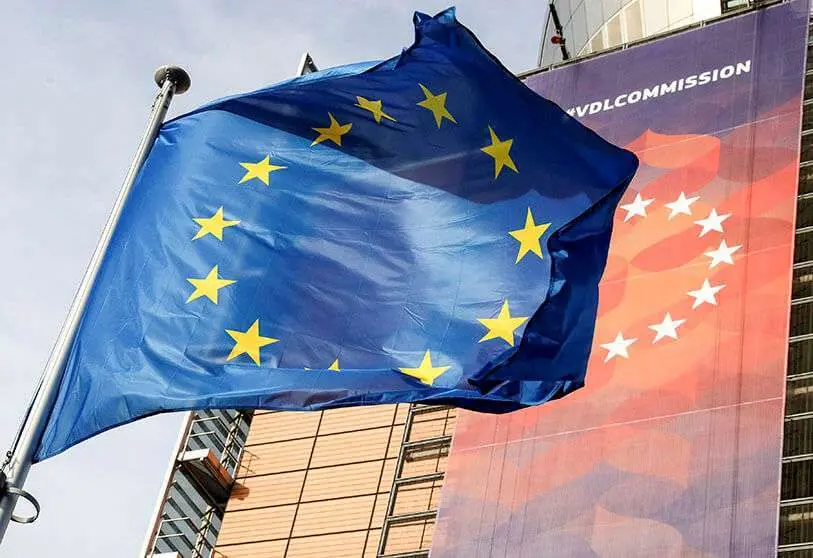Urgent need to change the unanimity rule in the EU

Three countries have vetoed the launch of the European recovery fund, the 750 billion euros that would be used to try to alleviate the financial disaster caused by the pandemic. Of course, the 140 billion that would correspond to Spain also hangs from the blocking of these funds, and in which the government of Pedro Sánchez places the axis of success for his term in office. As everything is closely linked, the multiannual financial framework 2021-2027, with its 1.1 trillion euros, and the 2021 budget itself, estimated at 160 billion, are also in the air.
The easy part would obviously be to blame Hungary, Poland and Slovenia for not accepting that the receipt of such funds is subject to an assessment of respect for the rule of law in the recipient country. The assessment was a necessary concession to the agreement, demanded by the so-called frugal countries which, led by the Netherlands, are the most thrifty and therefore the ones that will contribute most in terms of Community solidarity. This is all the more logical since it is not easy to explain to an austere public that the fruit of their savings is going to be "squandered" by those with a reputation, albeit largely unjust, for manirrotos.
This is a tricky question, as this fundamental pillar of the European acquis lends itself to interpretations which, without calling into question the core of fundamental democratic freedoms, can be interpreted in different ways. From the strictest perspective, the attempts of Mateusz Morawiecki's government in Poland to domesticate the justice system may undermine the rule of law as much as it does in Spain through a reform of the election of the General Council of the Judiciary. This is precisely the argument put forward by Warsaw. Viktor Orban's relentless measures to curb illegal immigration in Hungary could be placed on an equal footing with those adopted, for example, in Greece, where camps for desperate refugees resemble concentration camps. Nor do the pressures on the Magyar media and journalists appear very different from the attempts to set up a "Ministry of Truth" in other European latitudes.
But making the funds conditional on an assessment of the rule of law is a pact concluded between the Council of Heads of State and Government and the European Parliament, which leaves little room for renegotiation. The most likely outcome is that some formula will be found that will enable Poles, Hungarians and Slovenes to save face, particularly as they are also among the countries that benefit most from the manna of the much-desired recovery funds.
The delay would add even more uncertainty and economic collapse to that which has already occurred. The President of the European Central Bank, Christine Lagarde, has already warned of this, having been informed of the data that would prove the prolongation of the economic winter in which the EU, in particular the whole of the euro zone, is immersed.
And this once again highlights the problem posed by the unanimity rule, which allows initiatives or measures of a peremptory nature to be halted because of the discrepancy or reticence of one or more members of this society known as the European Union. It is true that mechanisms have already been tried and tested that circumvent the rule, but the necessary agreement has not been reached to establish a two- or multi-speed Europe in accordance with the wishes or desire to progress in many fields.
Agreements by consensus have the advantage of securing concessions from all the players, but in exchange they have the disadvantage of being exasperatingly slow when the competition between the global players who compete in the world is increasingly tough and aggressive. The present case evidences the peremptory nature of what is essential, namely obtaining the necessary funds to even stick their heads out in the face of the catastrophe caused by the pandemic. This does not prevent what would be the lowest common denominator of the rule of law within the EU from being tackled with determination but with sufficient calm.
It may be argued that the founding core - Germany, France, Italy, Belgium, the Netherlands and Luxembourg - had a democratic homogeneity that has been exchanged for diversity as the successive enlargements have taken place. All the more reason to undertake this review, which should not, however, give way to respect for fundamental freedoms, but neither should it prevent the most determined people from making progress from which, in the end, all Europeans will benefit.

